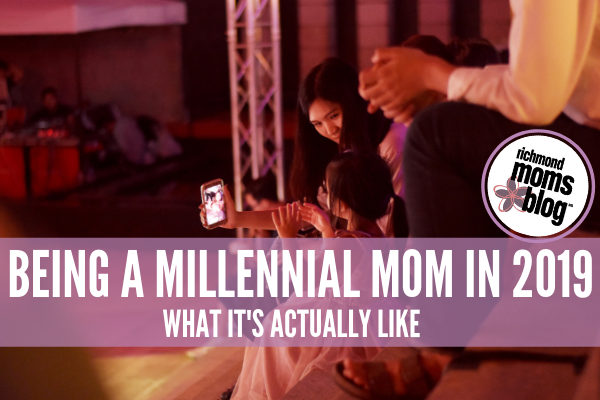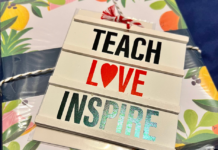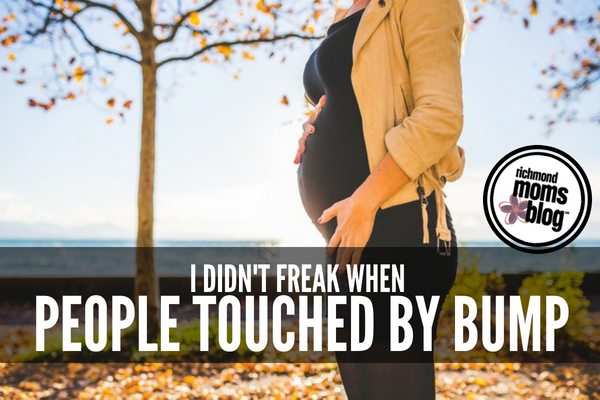
Do you ever feel like the universe is trying to tell you something? Well, lately, it’s been telling me this:
We are all broken.
I just finished reading Jennifer Weiner’s book All Fall Down about a well-educated, upper-middle-class wife, mother, and writer who becomes addicted to pain medication. Though the story is fiction, there are essential truths: first, that even the “easiest” life is hard, and second, that it’s not as difficult as you’d think to lose yourself in addiction.
I grabbed the book in the fraction of a second I had during a library trip with my three girls. I had been looking for an easy, breezy read. But by the first chapter, I was gripped by the story, and it honestly changed the way I looked at everyone I saw.
I thought more about how many of us are hiding unhappy secrets under our happy Facebook exteriors. Statistically, it’s not very likely that many of the women I encounter are addicted to painkillers[i], but it is likely that they struggle…with something.
Sure, we have seasons of life when everything is going our way. We’re getting enough sleep. We’re exercising regularly. We don’t feel bloated. And our skin looks lovely. Everything just feels right, and we’ve got life figured out.
But the rest of the time, we struggle.
We yell at our kids. We obsess about everything we eat. We drink too much wine. We lash out at our husbands. We gossip about friends. We do stupid stuff we know is stupid while we’re doing it, but we can’t muster the strength to fight the impulse. And sometimes, when the tough times seem to continue without ceasing, those stupid things become addictions.
I’m willing to bet that for most people, addictions are a way to numb pain. Pain that comes from having been hurt by someone. Pain that comes from feeling inadequate. Pain that comes from feeling like we aren’t skinny enough, pretty enough, fit enough, well-off enough, organized enough, outgoing enough, smart enough, funny enough, interesting enough, and the list goes on.
Then there’s the pain that comes from the disconnect between expectation and reality.
Motherhood is grueling.
It has its moments of grace and beauty. It has moments that we imagined as young newlyweds and that we see on Facebook. But it also brings about more darkness than I had ever experienced…or even imagined I would experience. There are moments when I couldn’t feel any more defeated, inadequate, or unprepared for the job.
After reading All Fall Down, everywhere I went, I thought about people in terms of their struggles rather than their successes. That, in and of itself, is transformative. I doubt I’m alone in this, but I’ve always had to fight the demon of insecurity. When I’m at my worst, I seem to be hard-wired to consider every other female in terms of what she has that I don’t: better-behaved kids, a nicer, more organized house, more friends, etc.
If I’ve learned anything in my adult life, it’s this:
Insecurity is the root of evil.
Insecurity drives us to break others down when we should be building them up. It makes us present unrealistic visions of our world that in turn lead to others’ insecurity.
Seeing past superficial attributes and being mindful of everyone’s struggles made me feel more positive about the people I encountered and in turn made me more likely to try to connect in a meaningful way. And isn’t connection what we all need to fight our addictions and negative thought patterns?
Connecting with others, either by starting up a conversation with someone new or checking in with an old friend, gets us out of our own heads. It eases the pain of not feeling good enough.
I challenge all of us to work hard to let go of our insecurities.
Instead of ruminating about own inadequacies, let’s think of ways to help each other get through life.
Let’s reach out to other moms without fear of being annoying.
Let’s be willing to share our own struggles without worrying about what everyone else thinks.
Let’s shift from making ourselves look better to sharing our vulnerabilities and building one another up in a meaningful way.
Our support and willingness to connect might just help someone else cope with addictive, self-destructive behaviors.
[i] About 2.4 million Americans are thought to be addicted to painkillers.
If you are struggling with addiction or depression, please get help. Here are a few local resources you can contact:
Beacon Tree has links to helpful resources.
The Richmond Behavioral Health Authority also has links to many helpful resources.









